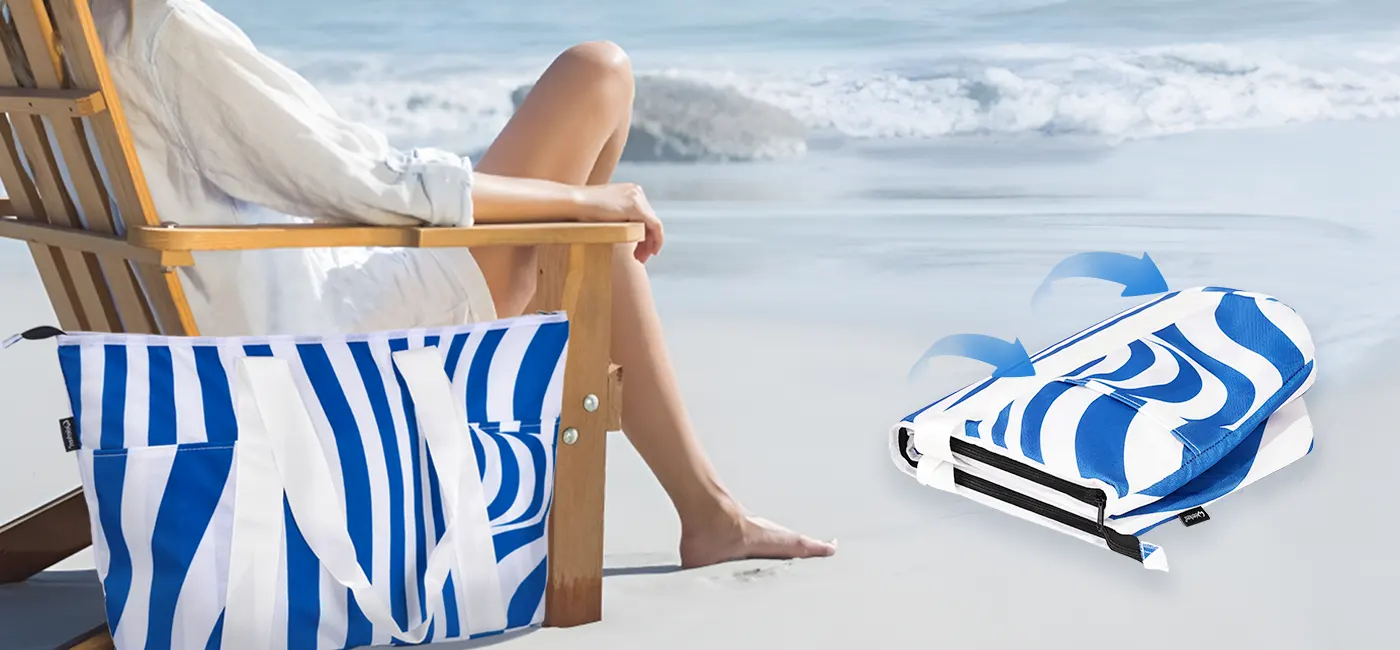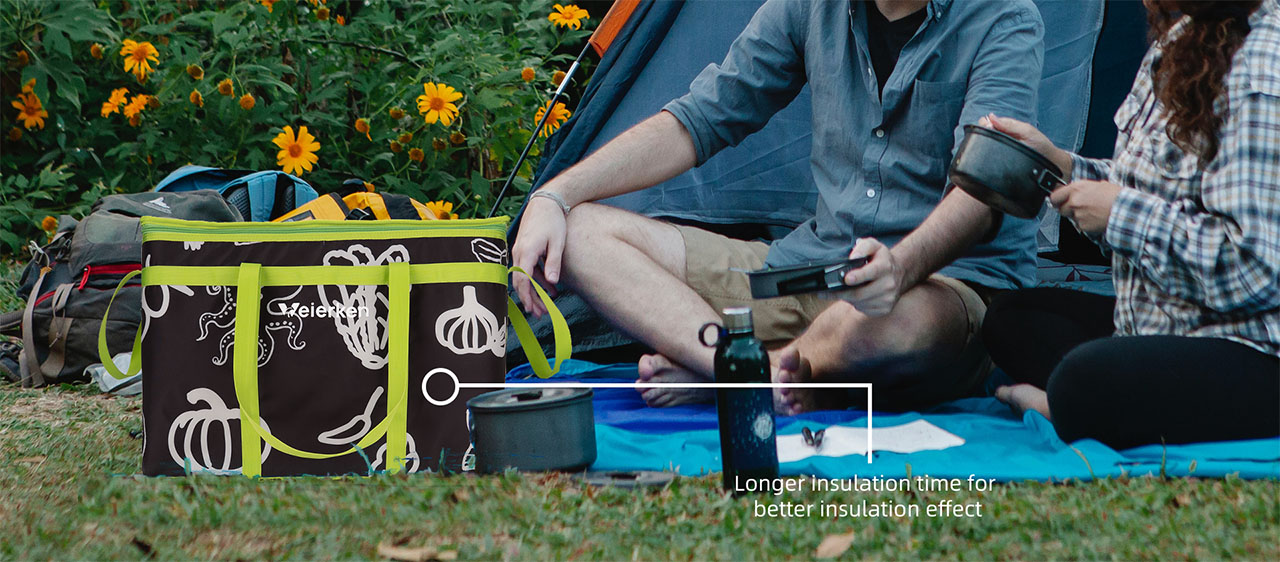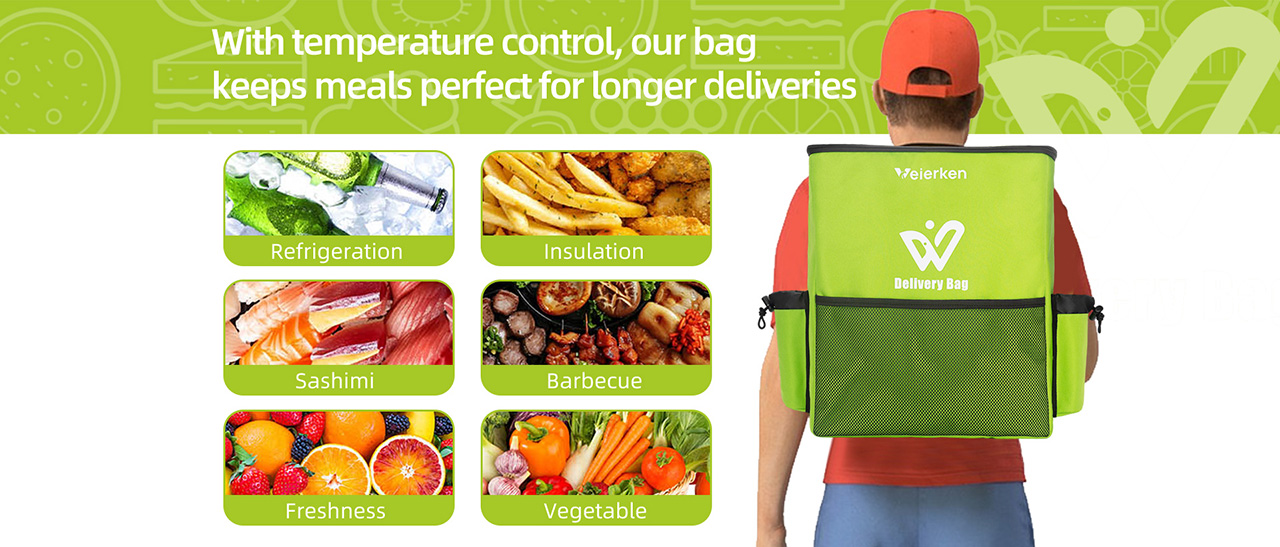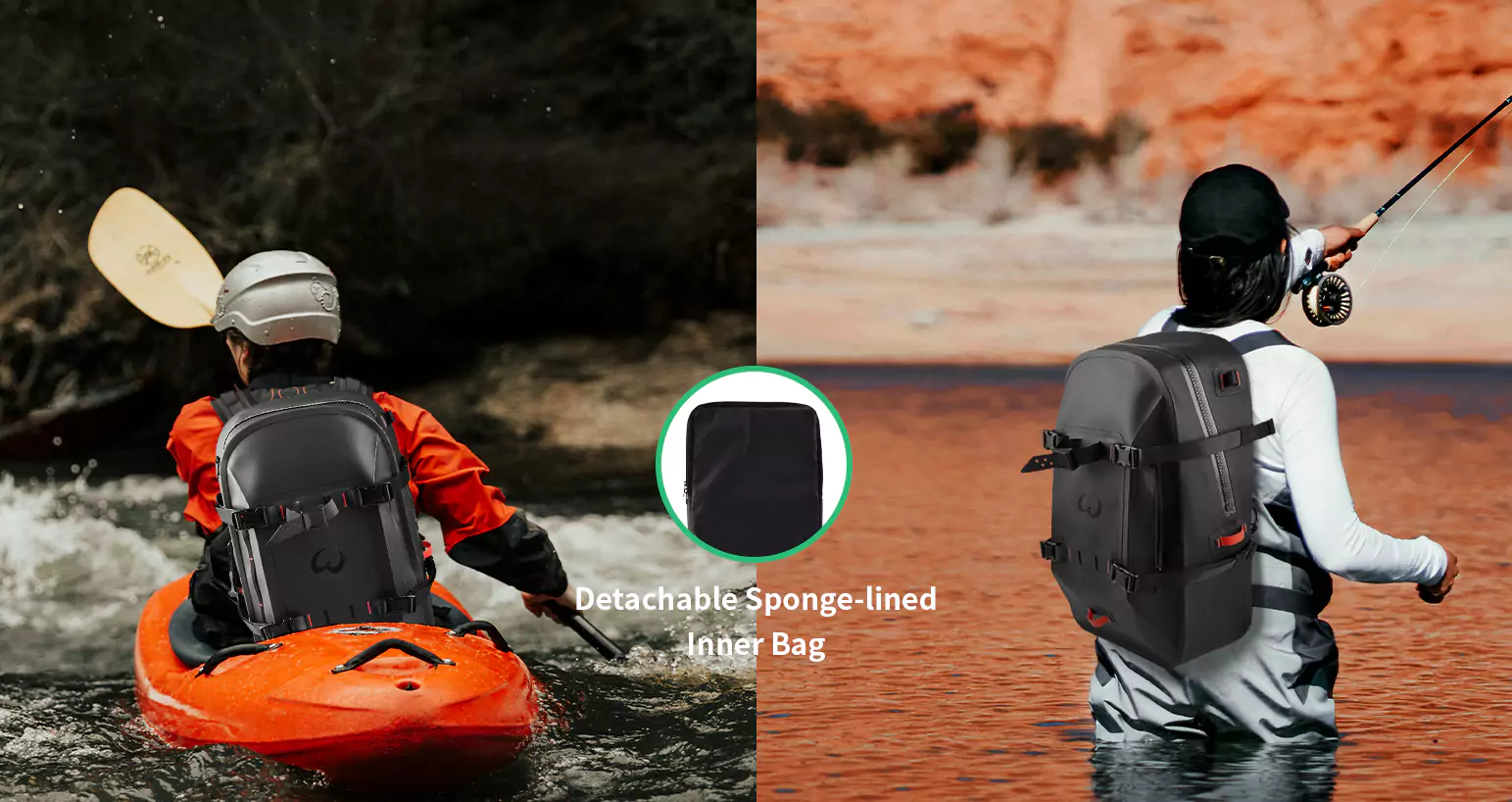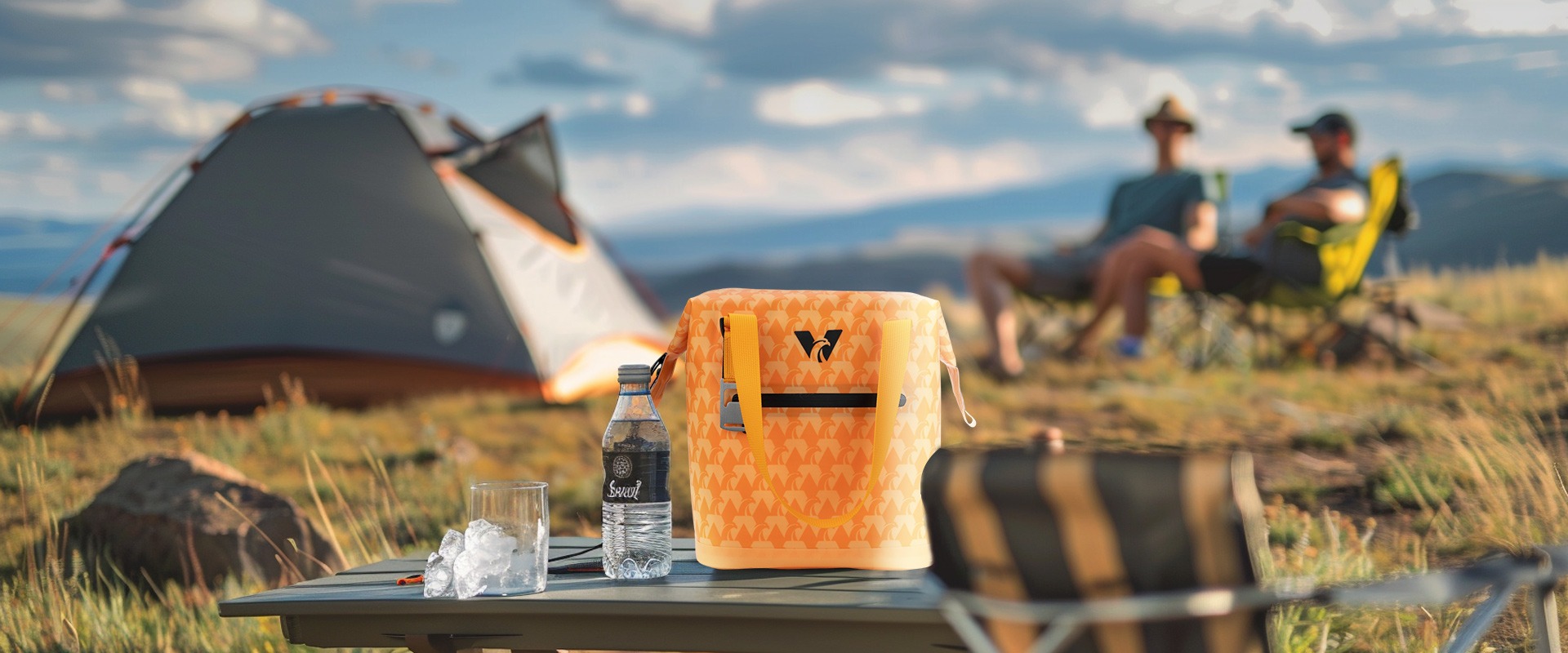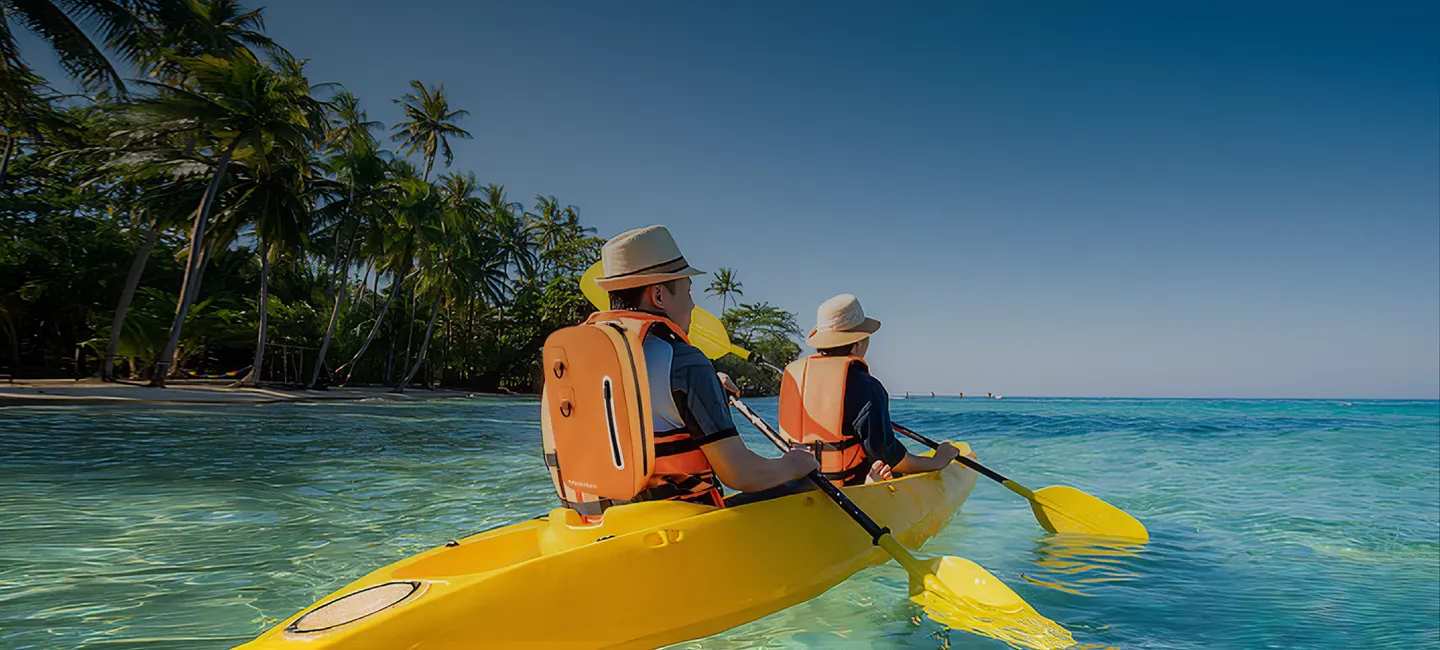For procurement managers, brand operators, and distributors, a Camping Bag Bulk Order is a strategic decision that impacts inventory turnover, brand perception, and supply chain resilience. Unlike the C-end consumer who focuses on a single purchase, your perspective involves volume, customization, compliance, and total cost of ownership. Choosing the right types of camping bags for your target market is paramount. This guide breaks down the five primary categories of sleeping bags from a B2B lens, detailing their ideal commercial applications and how a partnership with a manufacturer like weierken can de-risk your procurement process and add tangible value to your operations.
Navigating a large-scale sleeping bag procurement project involves juggling multiple variables: from material lead times and customization capabilities to stringent eco-compliance mandates from your end-markets. A common pain point we observe is brands struggling with manufacturers who lack the R&D capability to translate a design concept into a mass-producible, high-quality product, leading to cost overruns and missed market windows. This is where a focused supplier makes all the difference.
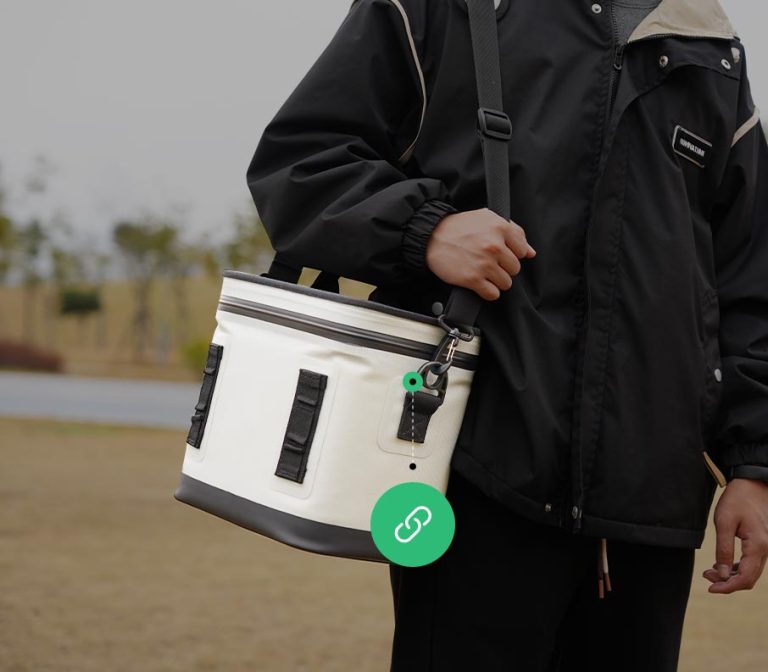
The B2B Procurement Framework: Key Factors Before You Order
Before diving into the specific product types, it’s crucial to establish the universal procurement criteria that should guide your Camping Bag Bulk Order decision. These are the non-negotiable elements that separate a smooth, profitable partnership from a logistical nightmare.
- R&D Capability: Can your supplier offer more than just a catalog? Look for partners who provide market research & design support. This includes insights into trending features, colors, and materials. A strong manufacturer will have a proven process for prototyping and iteration, allowing you to refine samples before committing to a full production run. Comprehensive OEM/ODM services are essential for brands wanting to build a unique product identity without developing a supply chain from scratch.
- Environmental Compliance: Sustainability is no longer a niche demand but a mainstream business requirement. Your supplier should be well-versed in using recycled materials like RPET (Recycled Polyethylene Terephthalate) and hold or be able to facilitate certifications like GRS (Global Recycled Standard). Furthermore, adherence to chemical regulations like REACH (for the EU market) and social accountability audits like BSCI are often prerequisites for supplying major retailers in Europe and North America.
- Delivery & Capacity: A promised delivery timeline means nothing without the manufacturing muscle to back it up. Inquire about the supplier’s standard delivery cycle (typically 25-65 days for a customized order) and their production capacity, especially their ability to handle peak season replenishment orders. A flexible supplier can be the difference between capitalizing on a sudden demand spike and facing stockouts.
- Certifications: Credibility is built on verifiable standards. Ensure your manufacturing partner holds relevant certifications such as ISO 9001 for quality management systems and can produce sleeping bags that meet FDA standards for materials, which is a significant trust signal for health-conscious consumers.
With this framework in mind, let’s explore the five main sleeping bag types and their strategic business applications.
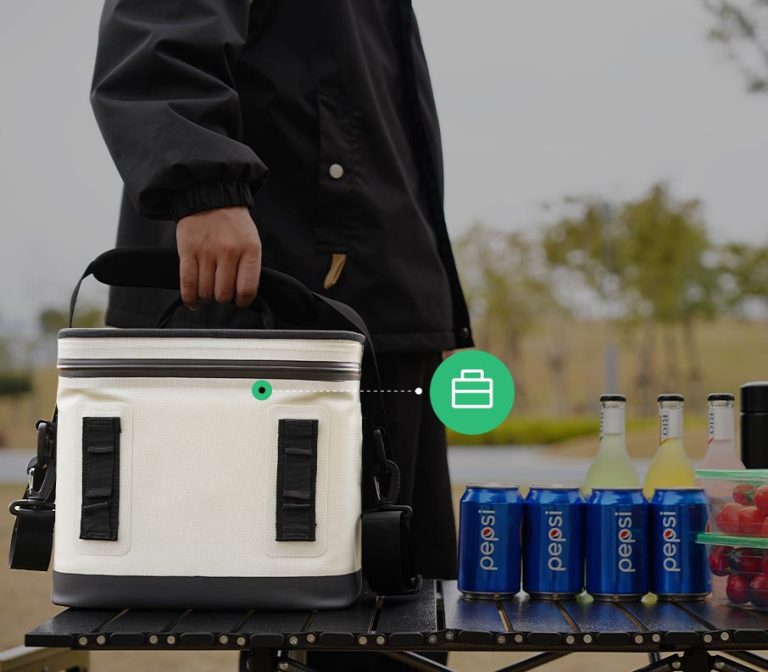
5 Core Sleeping Bag Types for Strategic Bulk Procurement
1. The Mummy Bag: For High-Performance Outdoor Retailers
Overview & Specifications:
Mummy bags are engineered for maximum thermal efficiency in cold-weather conditions. Their body-hugging, tapered design minimizes dead air space, and they often feature an insulated hood and a draft collar. Key specs include a temperature rating often ranging from -20°C to +5°C, the use of high-fill-power down (e.g., 700FP) or advanced synthetic insulation, and a packed size that prioritizes weight (typically 1-2 kg) over bulk.
Best Business Use Cases:
This type is ideal for businesses catering to serious backpackers, mountaineers, and specialty outdoor retailers. Your clients are performance-driven and will scrutinize weight-to-warmth ratios and compressibility.
Procurement Angle & Pain Points Solved:
- Pain Point: Sourcing technically complex products that meet stringent performance claims without quality failures.
- How Weierken Addresses This: Our R&D team provides design support to optimize baffle construction and material selection for your target price point. We offer rigorous prototyping to validate temperature ratings and durability before bulk production. Our OEM/ODM service allows you to develop a proprietary model that stands out in a competitive market. Furthermore, we can source GRS-certified recycled down and fabrics, aligning your brand with sustainable trends.
2. The Rectangular Bag: For Volume-Driven Markets and Rentals
Overview & Specifications:
The classic rectangular sleeping bag is synonymous with comfort and versatility. It offers more room to move than a mummy bag and is often more affordable to produce. They are predominantly insulated with polyester hollow fiber, making them durable and easy to care for. They are less focused on extreme weight savings.
Best Business Use Cases:
This is your go-to for family camping, school programs, summer camps, and large-scale rental operations. They are also a top choice for branded merchandise for corporate events or music festivals due to their simple, logo-friendly design.
Procurement Angle & Pain Points Solved:
- Pain Point: Managing cost-efficiency for high-volume orders while maintaining basic quality and fulfilling rapid customization requests.
- How Weierken Addresses This: We have optimized our production lines for high-volume output of rectangular bags without compromising on stitch quality or zipper durability. Our delivery cycle for standard models can be as swift as 25 days. We excel at high-quality logo application (screen printing, embroidery) and can quickly integrate your brand colors. Our BSCI-certified social compliance provides assurance for corporate clients.
3. The Double Sleeping Bag: For the Glamping and Hospitality Sector
Overview & Specifications:
Double sleeping bags, designed for two people, are a key product in the experience economy. They are essentially two rectangular bags that can zipper together, often featuring spacious dimensions (e.g., 140-150 cm width) and comfort-oriented materials like soft-brushed linings.
Best Business Use Cases:
Perfect for glamping site operators, couples’ retreats, boutique hotels offering outdoor experiences, and RV rental companies. This product is sold on the promise of comfort and shared experience.
Procurement Angle & Pain Points Solved:
- Pain Point: Finding a supplier that understands the “experience” aspect and can deliver products that feel premium and are built for repeated use and cleaning.
- How Weierken Addresses This: We offer design support on features that enhance the user experience, such as integrated pillow pockets and dual zipper systems. We can source and work with premium, durable, and soft-touch fabrics that withstand commercial laundering. Our eco-compliance expertise allows us to construct these bags from RPET materials, a powerful marketing point for eco-conscious glamping businesses.
4. The Quilt / Sleeping Bag Liner: For Ultralight Specialists and Add-On Sales
Overview & Specifications:
Quilts and liners are minimalist sleep systems. Quilts forgo a back and some insulation to save weight, while liners are thin, lightweight sacks used inside a sleeping bag for hygiene or to slightly boost its temperature rating. They are often made from silk, cotton, or lightweight synthetic fabrics.
Best Business Use Cases:
Targeted at ultralight backpacking brands, as a high-margin accessory sale for outdoor retailers, or as a hygienic solution for hostels and rental services.
Procurement Angle & Pain Points Solved:
- Pain Point: Developing niche products with low order volumes that are often not serviced by large-scale manufacturers.
- How Weierken Addresses This: Our flexible OEM/ODM and prototyping services are ideal for low-MOQ, high-specification products like quilts. We can help you experiment with different attachment systems and materials. We understand the precision required in stitching for these applications to prevent down leakage and ensure durability, a core part of our manufacturing expertise.
5. The Military/Tactical Sleeping Bag: For Government Tenders and Expedition Gear
Overview & Specifications:
Built to meet stringent military specifications (Mil-Spec), these sleeping bags are designed for extreme durability and survival in harsh environments. They often come as a multi-layer system and feature camouflage patterns, heavy-duty zippers, and robust, water-resistant outer shells.
Best Business Use Cases: Government and defense contractors, suppliers for search and rescue teams, and brands in the “tactical” outdoor gear space.
Procurement Angle & Pain Points Solved:
- Pain Point: Navigating complex procurement requirements, including guaranteed performance standards, extreme durability testing, and traceability.
- How Weierken Addresses This: Our R&D capability is geared towards solving complex engineering challenges. We can source and test Mil-Spec materials and components. Our ISO 9001 certification provides a framework for consistent quality control, and we maintain detailed production records for full traceability, which is critical for government tenders.
Partnering for a Successful Bulk Order
A strategic approach to your Camping Bag Bulk Order involves matching the right product type to your business model and ensuring your manufacturing partner is equipped to handle the complexities of B2B procurement. It’s about more than just unit cost; it’s about R&D support, eco-compliance, reliable delivery, and verifiable quality.
At weierken, we have built our business on being a solutions-oriented partner for brands and buyers worldwide. We understand that your success is our success. From the initial market research phase to the final delivery of your customized sleeping bags, we provide the expertise and operational stability you need to compete and win in the global marketplace. Let’s discuss how we can streamline your next Camping Bag Bulk Order.
FAQ: Camping Bag Bulk Order
Q1: What is the typical Minimum Order Quantity (MOQ) for a customized camping bag bulk order?
A1: MOQs can vary based on the complexity of the customization. For standard designs with simple logo printing, MOQs can start from 500 pieces. For fully OEM/ODM projects involving unique materials and designs, the MOQ is typically higher, around 2000 pieces. We always work with our clients to find a feasible volume.
Q2: How do you ensure consistent quality across a large camping bag bulk order?
A2: Consistent quality is maintained through a multi-stage QC process integrated into our ISO 9001 certified system. This includes raw material inspection, in-line production checks, and a final random inspection (AQL standard) before shipment. We provide detailed quality reports for transparency.
Q3: Can you produce sleeping bags that are compliant with European REACH and U.S. FDA regulations?
A3: Absolutely. We are highly experienced in eco-compliance. We use dyes and materials that are certified to meet REACH standards for the EU market. For the U.S., we can provide FDA-compliant materials, particularly for the inner linings that come into direct contact with skin.
Q4: What is your lead time for a new camping bag bulk order, and can you accommodate rush orders?
A4: Our standard delivery cycle ranges from 25 to 65 days, depending on order quantity and customization level. We do have a capacity for peak season replenishment and can accommodate rush orders, which we discuss on a case-by-case basis to ensure we can meet the timeline without compromising quality.
Q5: Do you offer sustainable or recycled material options for bulk orders?
A5: Yes, sustainable options are a core part of our offering. We regularly work with RPET (recycled polyester) for shell and lining fabrics, and we can source GRS-certified recycled down and insulation. We guide our clients through the material selection to align their products with current sustainable trends.
